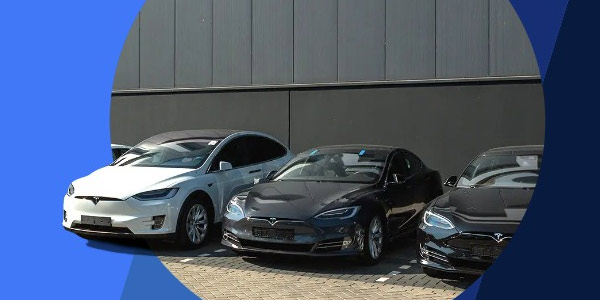Texas Fleet Management Services & Solutions
The Future of Mobility
Austin has declared its commitment to sustainability and alternative fuel options by aiming to have 40% of its vehicles be electric by 2030.
And there is no better time. Starting January 2024, 50% of local authorities’ new vehicles must be zero emission. By January 2027, that number rises to 100%.
The upcoming transition is daunting for many fleet managers with high-mileage business needs. But with Spring Free EV’s comprehensive fleet service package, the transition to electric commercial vehicles is seamless and stress-free for businesses of all sizes.










